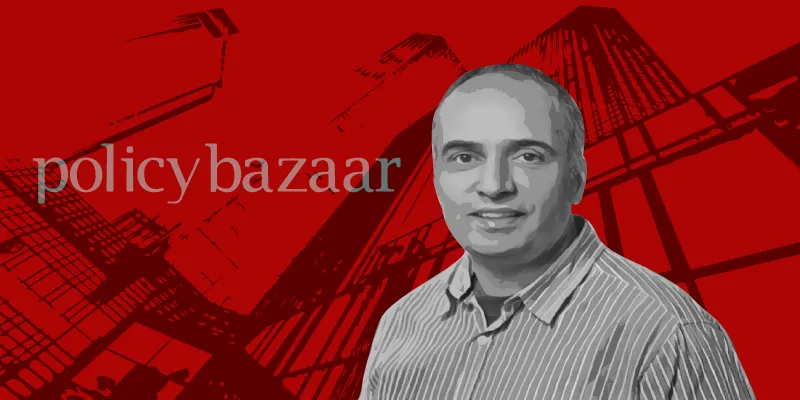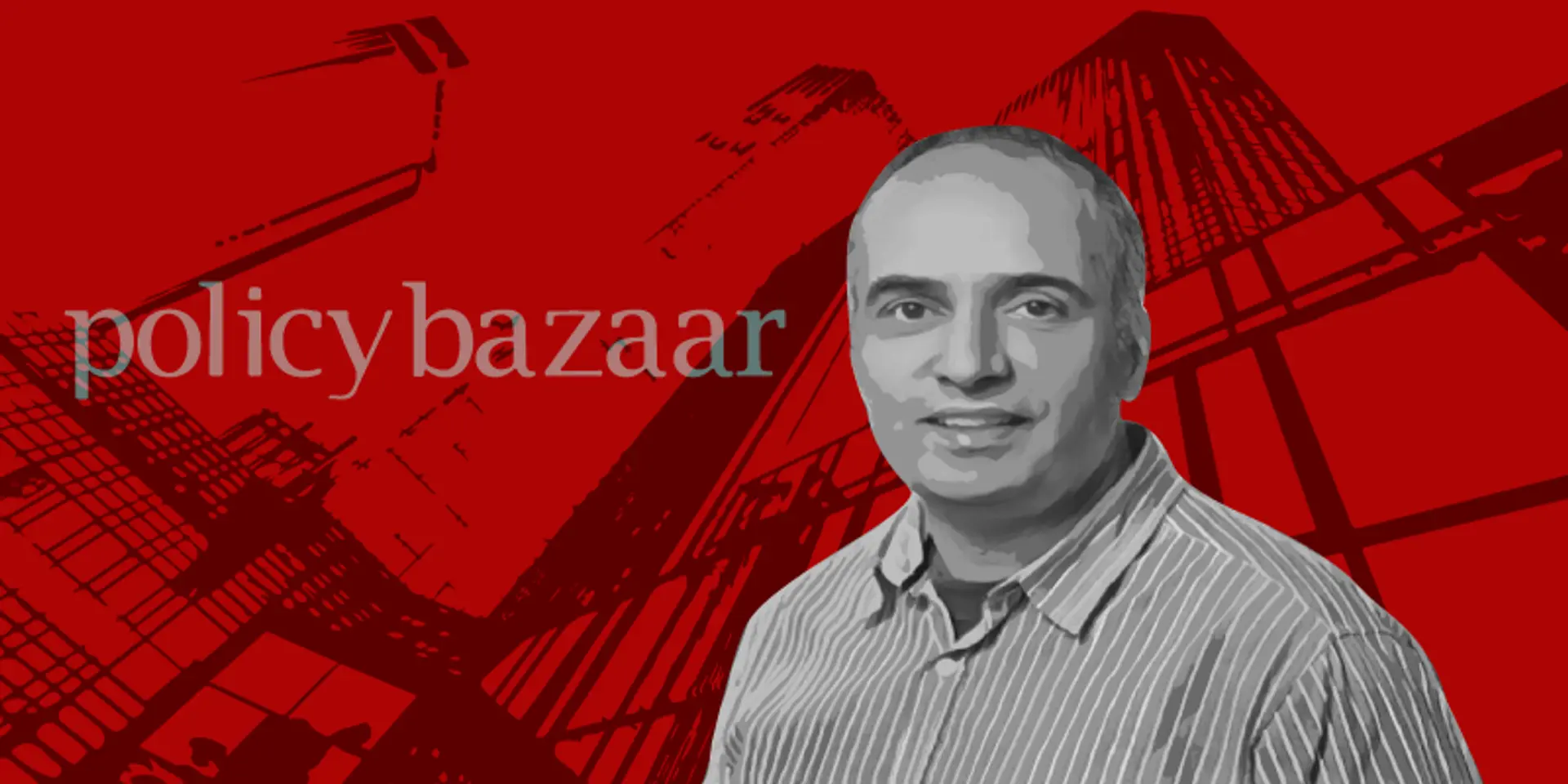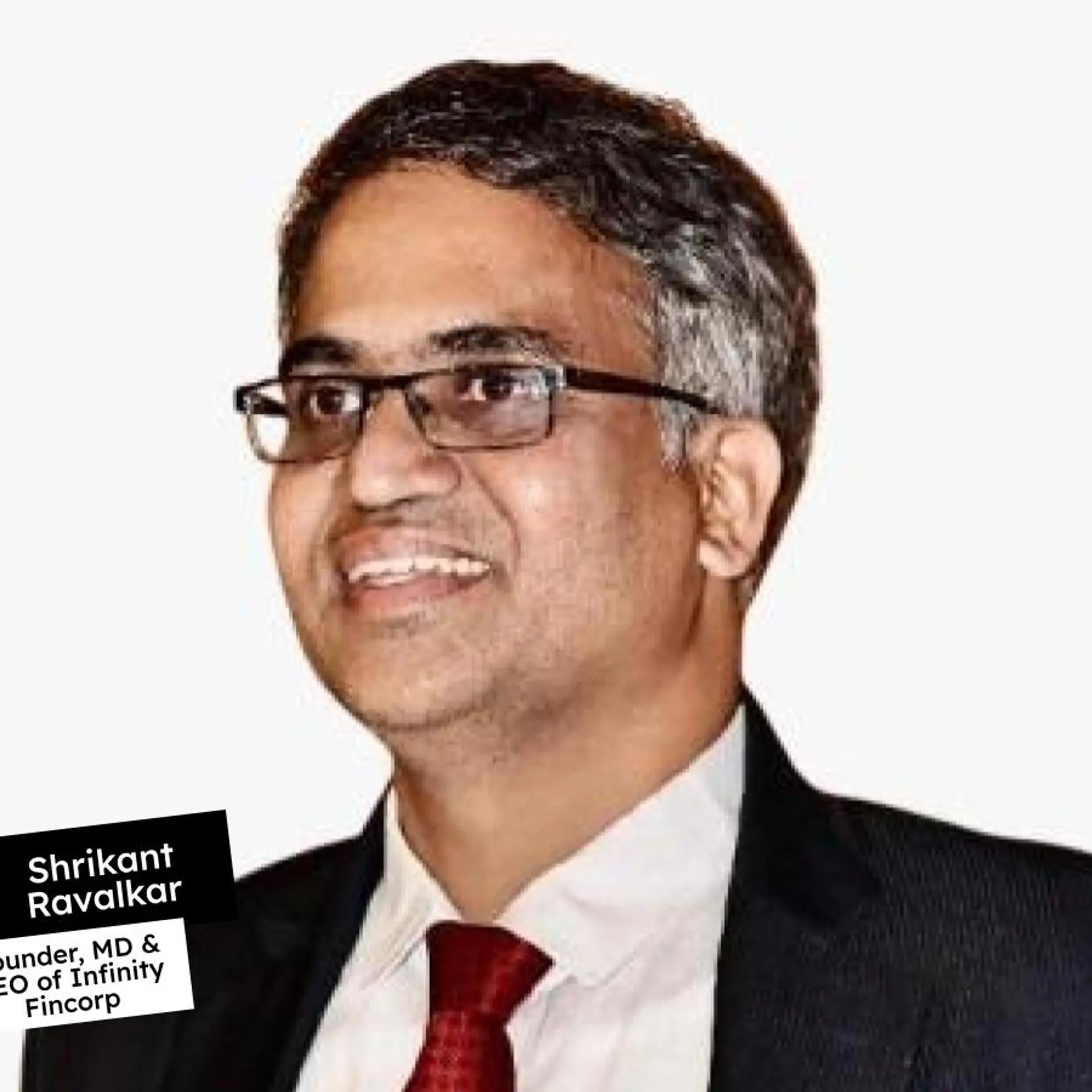No IPO for next 18 months, focus is on new healthcare venture: Yashish Dahiya, PolicyBazaar
With $100 million earmarked for DocPrime for the next two years, Yashish Dahiya, Co-founder and CEO of PolicyBazaar, speaks about the architecture of the new venture and how they plan to cross-leverage product from their existing companies.
The first six months of 2018 saw quite a few startups rise to unicorn status in the Indian startup ecosystem. Four big players - edutech major BYJU’S, ecommerce player Paytm Mall, and food delivery startups Zomato and Swiggy, joined the list.
But, they weren’t the only ones. Last week, ETechAces Marketing & Consulting Pvt Ltd, the parent company of online insurance aggregator PolicyBazaar and lending marketplace PaisaBazaar, also joined the unicorn club.

And fuelling this ambition was Softbank’s Vision Fund, which along with parent Softbank, has invested overall $8 billion in the Indian internet ecosystem over the last five years. Softbank wasn’t alone in leading this Series F round of $200+ million. The Japanese conglomerate was joined by existing investor InfoEdge, which runs Naukri.com and reportedly invested close to $45 million in the deal.
But, there is more here than meets the eye.
This isn’t the first time SoftBank has taken a bet on an insurance major like a PolicyBazaar, which claims to be selling nearly 25 percent of India’s life insurance cover and has hold over 7 percent of India’s retail health insurance business.
In February this year, Softbank’s Vision Fund announced that they had completed private placement financing worth $2.2 billion across three units of China’s biggest insurer Ping An Group, which is reportedly valued at $214 billion.
Of that, close to $400 million was reportedly invested in Ping An Healthcare and Technology Co Ltd, which operates one of China’s largest online healthcare platforms, Good Doctor. The healthcare platform delivers services such as online family doctors and health mall facilities through its mobile platform.
It’s no secret that even PolicyBazaar is walking a similar path, taking baby steps towards DocPrime, its healthcare venture.
And Yashish Dahiya, the Co-founder and CEO of PolicyBazaar, states that Softbank gave the group the confidence to diversify and start a new healthcare venture.
In an exclusive interview with YourStory, Yashish spills the beans on what got Softbank to invest into the company, the architecture of the new venture, and the much-awaited IPO.
Edited excerpts of the interview:
YourStory: You have raised two rounds of funding in the last one year. Is that really required and which areas do you see most of these funds being deployed in?
Yashish Dahiya: The last three rounds of funding we raised are based on the environment and opportunities we are looking to be a part of. We have been raising capital without actually deploying it; it is more from the point of view of having the ability to do more things.
At present, we still have close to $330 million of the capital raised in our bank. The most immediate expenses we see are in our healthcare venture, DocPrime.
Of our other ventures, PolicyBazaar is profitable. PaisaBazaar will be loss making for some years, and DocPrime will also be significantly loss making and will require investments.
YS: What did Softbank find interesting in the models of PolicyBazaar and PaisaBazaar during the fund-raise discussions?
YD: What they really liked was the execution of the company. When we started PaisaBazaar four years back, we weren’t the market leader. But today we are. So, there is belief that we can replicate this success in other industries where a similar skill set required.
Also, I think it was the ethos of the company. We are one of the few internet companies where the management holds more stock than the founders. This reveals a certain ethos of the company.
YS: Your telemedicine venture is a prime focus for the group now. Could you give us more details?
YD: DocPrime is a platform that will provide free medical advice and diagnosis by doctors across the country. Our technology platform will help users create appointments with these doctors. We are planning to launch the platform in early August.
At the moment, the venture is majorly telemedicine based. If someone wants to meet a doctor we can set up an appointment for them through a close network of doctors and medical centres. But we aren’t completely focusing on that yet.
YS: Is the venture similar to China-based Ping An? And did Softbank play a big role in realising that vision?
YD: Yes, it is. In fact, we are largely basing ourselves on that thinking. And SoftBank was a major reason for us to think in this manner.
YS: What is the kind of work going on for the healthcare venture?
YD: We are presently hiring doctors trained in telemedicine skills. We are building the platform for consumers, doctors, and medical providers along with a network for service providers.
We currently have a team of 100 people on board for our new venture, which is a mix of technology and product.
YS: Could you explain the strategy to get users to the healthcare business?
YD: Our objective is to have 100,000 people with health queries coming in on a daily basis by March. And our hope is that some of these people will also require physical services, be it meeting a doctor or a diagnostic test.
These physical services will be available on pay-per-use basis, which will be cheaper than market rates because the platform will negotiate discounts for the user. Or else, the user could sign up for a monthly subscription where they could use certain services in a limited or unlimited fashion.
YS: How will you cross-leverage products from PaisaBazaar and PolicyBazaar on DocPrime?
YD: We believe a part of these 100,000 daily users will use our subscription product. And this subscription is nothing but an Out Patients Department (OPD) insurance policy. Once they experience this product a couple of times, chances are they will also buy their In Patient Department (IPD) product also from us.
Now, IPD also doesn’t cover all diagnosis. Let’s say if a patient is rushed to a hospital and the bill is Rs 10 lakh, of which Rs 3 lakh is paid by the insurance policy. The rest can be a loan, which can immediately be deployed. One doesn’t have to also go through the hassle of finding documents at that time because they have been submitted for the insurance policy. So, a loan will be made available immediately to settle the hospital bill.
YS: Your IPO has been talked about for a while now. Where does that stand?
Yashish: We have to decide on the IPO now depending on how our healthcare venture fares. If the healthcare venture is successful, which I’m hopeful that it will be, we will require a lot of investments.
If I were to look at things differently, we have three businesses. PolicyBazaar is 10 years old and profitable; PaisaBazaar is four years old and loss making. The new healthcare venture is going to be significantly loss making for the next two years. So now, with DocPrime on our mind, it no longer seems appropriate to do an IPO in the next 18 months.
YS: How much investment are you looking at for the healthcare venture?
YD: We have earmarked $100 million for the next two years. But there will be interest on the funds in the bank and my feeling is that we won’t be burning much as the interest will negate the capital we are deploying to the healthcare venture.
YD: How much of the money will be diverted to your loan marketplace, PaisaBazaar?
Yashish: PaisaBazaar will continue to be funded through the profits earned by PolicyBazaar. And, PolicyBazaar’s profits are more than the losses made by PaisaBazaar.
YS: Do you see Paisa Bazaar lending from its own books or will it continue as a marketplace?
YD: We will go by the recommendation made by Naveen (Kukreja), the Co-founder and CEO of PaisaBazaar. He will raise this to the board.
Personally, I don’t think that it will happen in a hurry. We don’t want to compete with our suppliers; we exist because of them. It may happen in certain restricted areas where we are not getting those products from our suppliers.
YS: Lately, we are seeing the insure-tech space attracting a lot of investor attention with big players like Acko and Coverfox raising funds over the last year. What, according to you, is making the space so lucrative for investors?
YD: Insurance technology is a big industry with a large profit pool, and consumer maturity (to technology) is such that genuine disruption can happen.
Consumers are now starting to engage, which makes this the right time for investors to place bets on a digital transformation. Especially in an industry that was largely untouched by digitisation. PolicyBazaar’s success has imparted the confidence that a change is happening.
YS: What are the kind of metrics you are looking to tap into this fiscal?
YD: We are looking to process Rs 3,000 crore in premium this year. In comparison, we were doing Rs 700 crore two years ago. We are working on lower ticket products for a wider base and are chasing revenues of about Rs 700 crore by the end of FY19.
YS: With this funding, do we also see you looking at expanding to other markets?
YD: We are doing something in the Middle East currently. But honestly the market in India is so large that we don’t think there is a need to look at other geographies.
YS: What kind of acquisitions are you are actively scouting for?
YD: We have the ability to raise a lot more capital so that is not a constraint. I think we are looking for ventures where the management team is aligned to our objectives. Also, the business needs to be aligned. As of now, we are mainly scouting for opportunities in healthcare.







